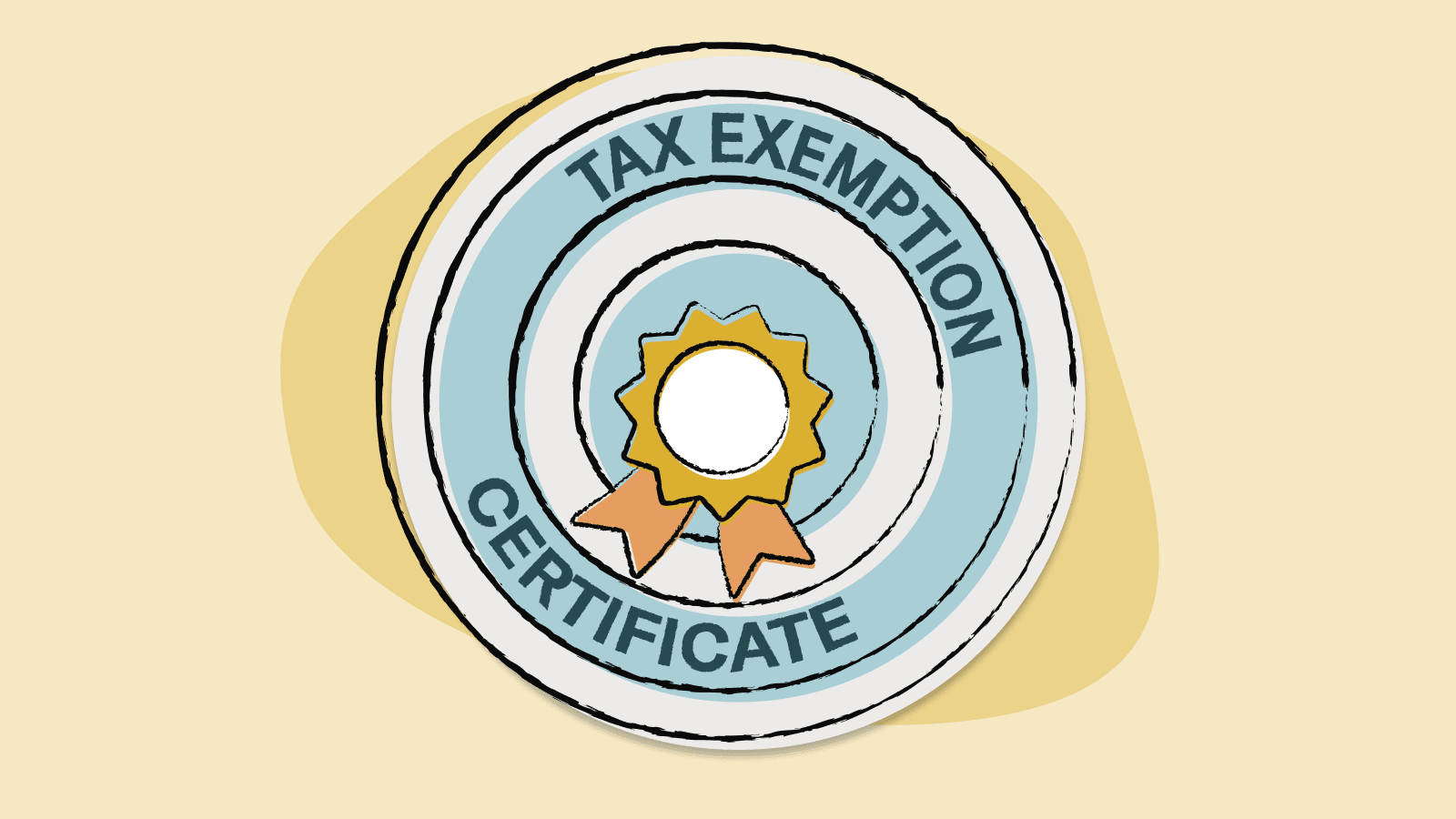What is a Tax Exemption Certification?
A Tax Exemption Certificate is a legal document issued by tax authorities that certifies an entity or individual is exempt from paying certain taxes. These certificates are typically issued to:
- Non-profit organizations: Nonprofits can often be exempt from sales tax, property tax, and income tax on qualifying activities.
- Religious organizations: Many religious institutions are also eligible for tax exemptions on goods or services purchased for their operations.
- Educational institutions: Schools, colleges, and universities may qualify for tax exemptions on purchases related to their educational activities.
- Government agencies: Federal, state, and local government bodies often enjoy tax-exempt status for certain transactions.
Benefits of Obtaining a Tax Exemption Certificate
- Cost Savings: Tax exemptions reduce the overall cost of purchasing goods or services for tax-exempt purposes, helping organizations save significant amounts of money.
- Compliance: Properly handling tax exemptions ensures that your organization remains compliant with the law and avoids penalties or fines for improper tax payments.
- Support for Mission-Driven Activities: For nonprofits and other organizations, tax exemptions directly support their mission by freeing up funds that can be reinvested into their core activities.
- Ease of Transactions: A valid tax exemption certificate makes transactions smoother with suppliers and service providers, who will recognize and honor the exemption.
How to Obtain a Tax Exemption Certificate
- Determine Eligibility: The first step is to confirm whether your organization or business qualifies for tax exemption based on the nature of your activities. This varies by jurisdiction and type of exemption.
- Complete the Application: You will need to fill out an application form from the relevant tax authority. This form typically asks for details about your organization’s structure, purpose, and the specific exemption sought.
- Submit Required Documentation: Along with the application, you may need to provide supporting documentation such as your IRS determination letter (for nonprofits), financial records, or proof of government status.
- Wait for Approval: Once your application is submitted, the tax authority will review your request and, if everything is in order, issue the Tax Exemption Certificate.
- Keep It Updated: Remember, tax exemption certificates may need to be renewed periodically, so ensure you track expiration dates and follow the necessary steps to keep your certification valid.
Types of Tax Exemptions Available
Tax exemption certificates can vary by jurisdiction and purpose. Common types include:
- Sales Tax Exemption: For purchasing goods and services without paying sales tax.
- Property Tax Exemption: For reducing or eliminating property taxes on buildings and land used for tax-exempt purposes.
- Income Tax Exemption: For nonprofit organizations that are exempt from paying federal and state income taxes.
- Use Tax Exemption: For certain products or equipment used by tax-exempt organizations.
Important Considerations
- Jurisdiction: Tax exemption rules and requirements can vary by state, county, and country. Always check with your local tax authority for specific guidelines.
- Eligibility Criteria: Make sure your organization or business meets the necessary criteria for exemption to avoid complications later on.
- Usage Restrictions: Tax exemptions are often limited to specific activities or purchases related to the tax-exempt purpose. Ensure that your use of the exemption complies with these rules.

